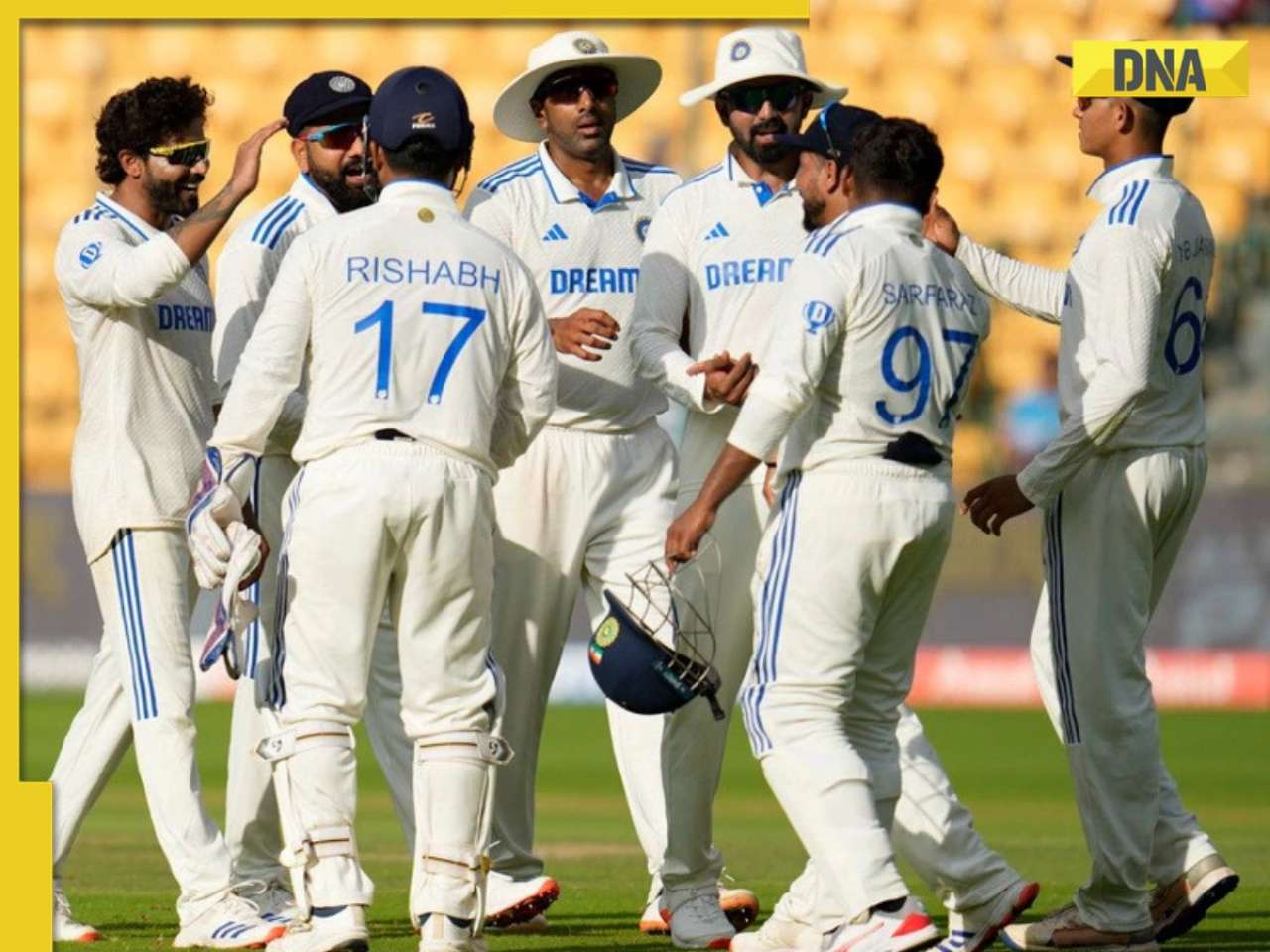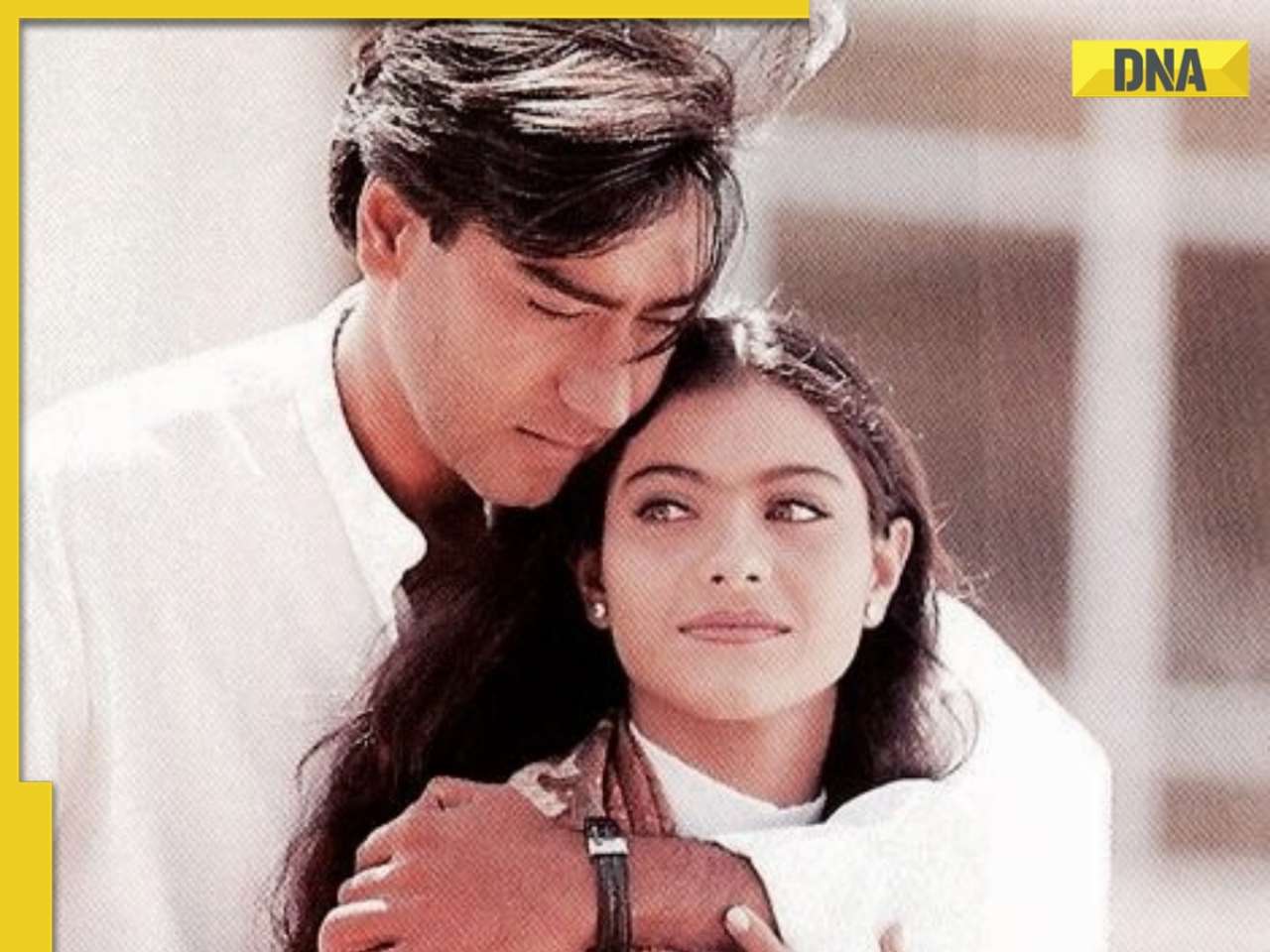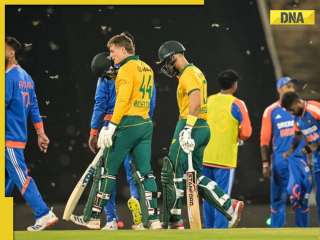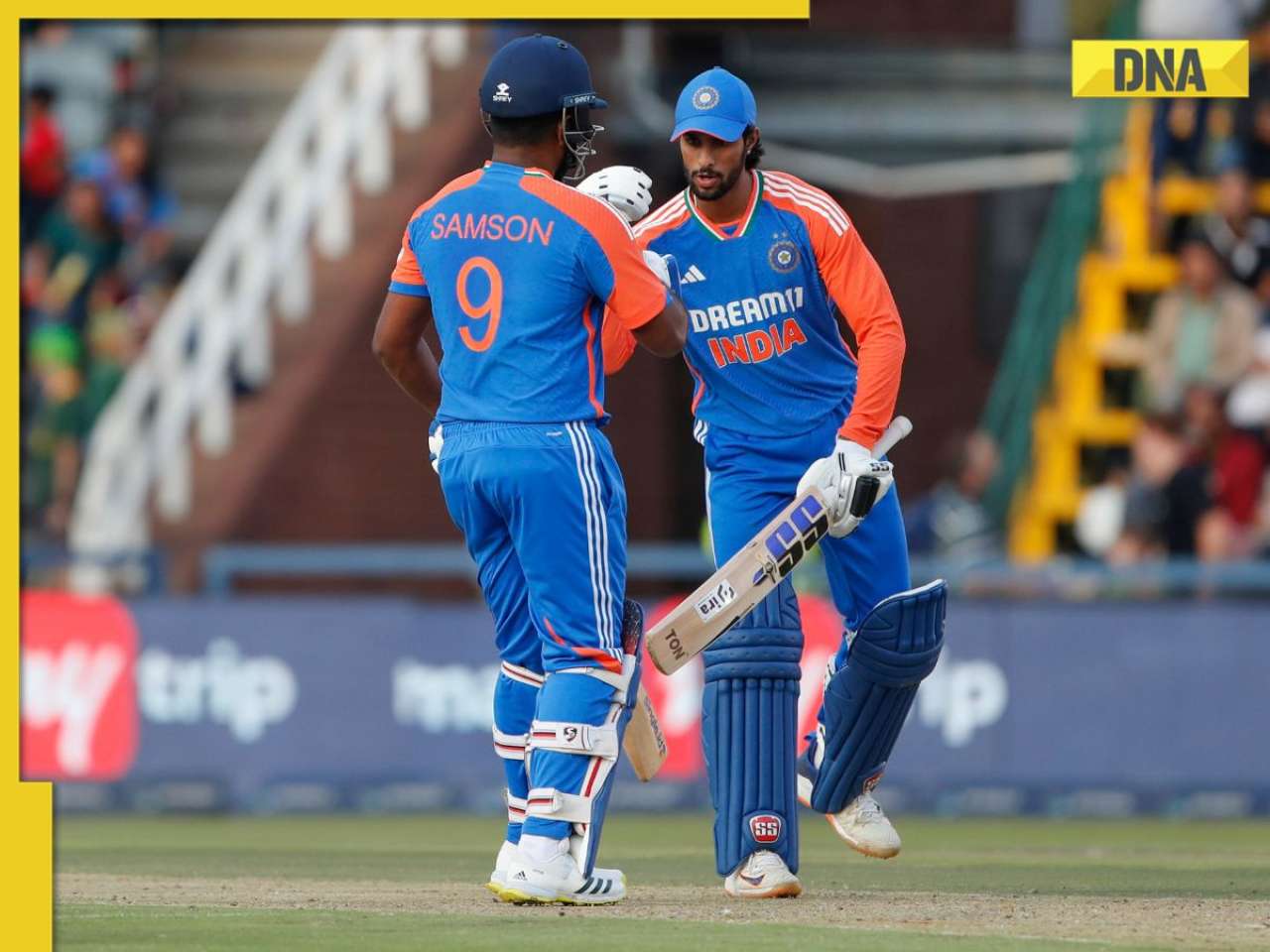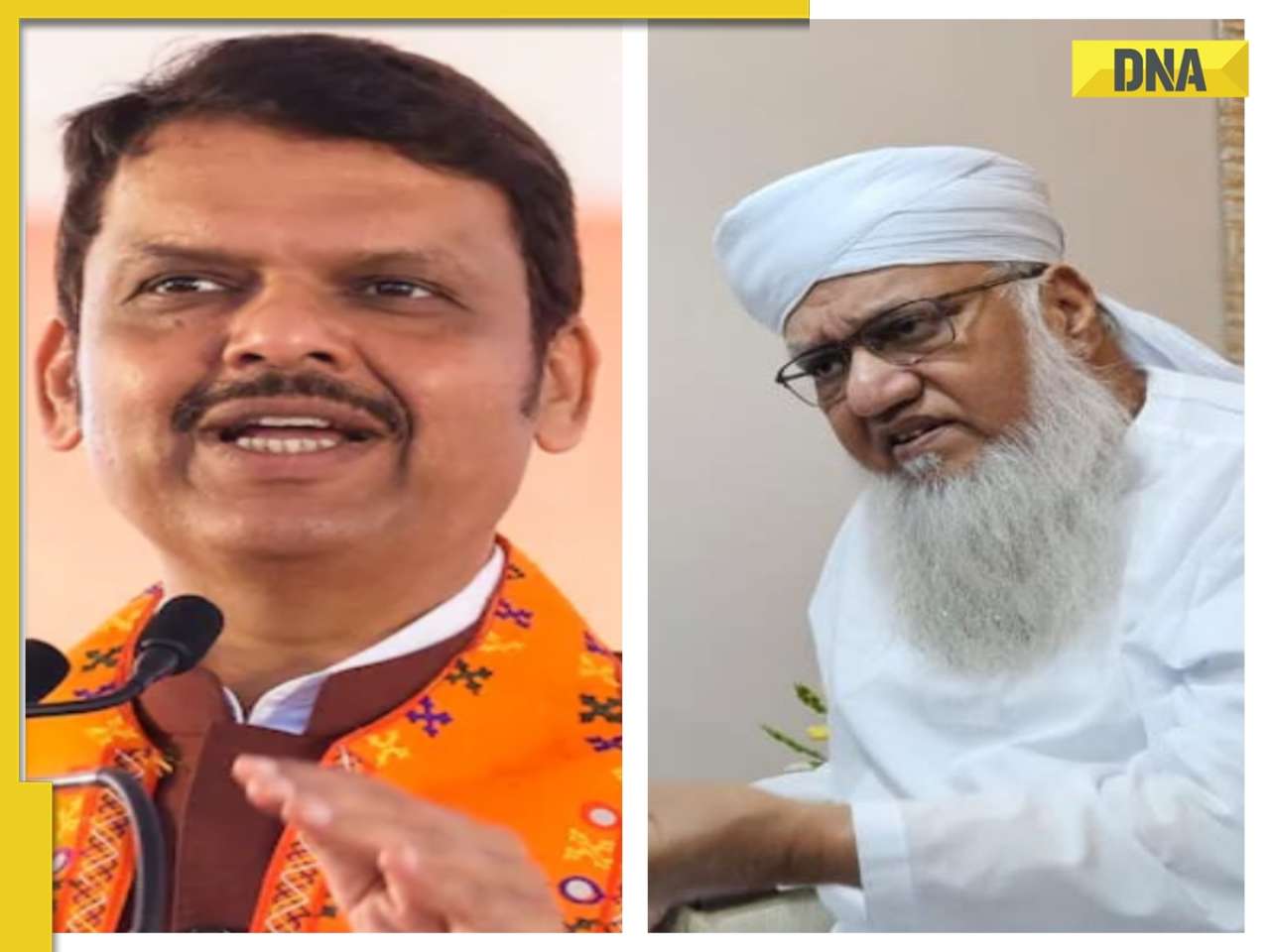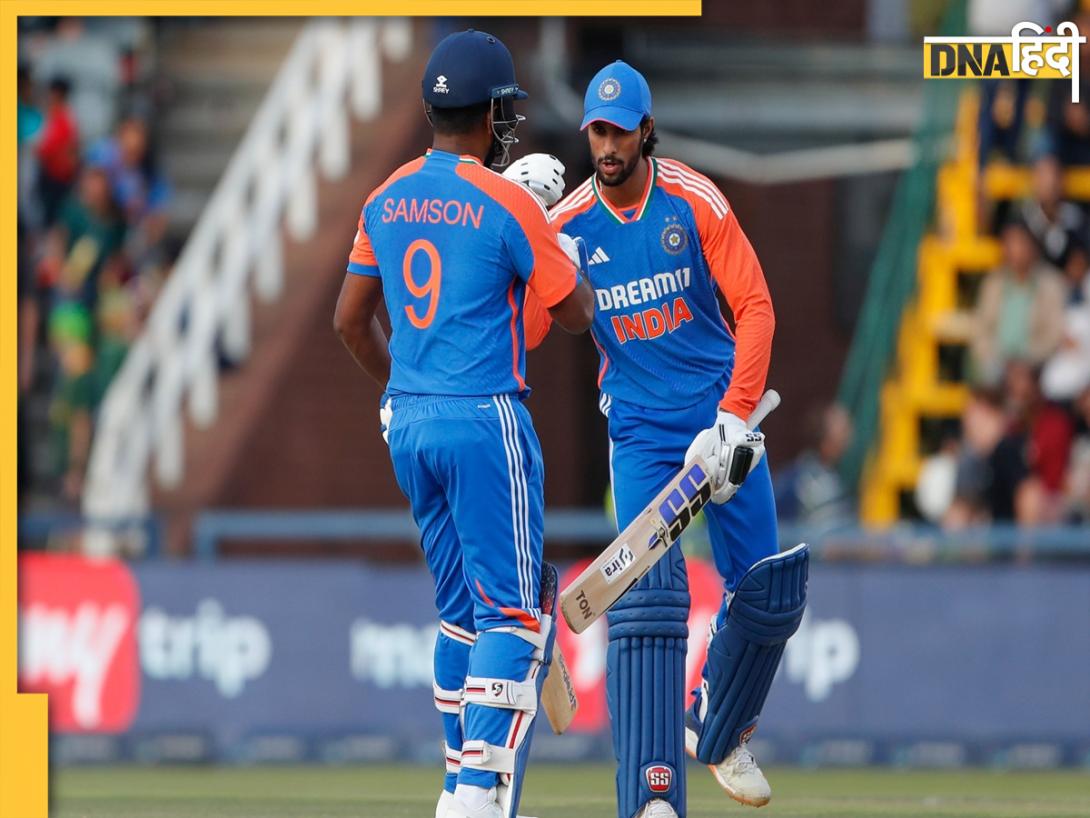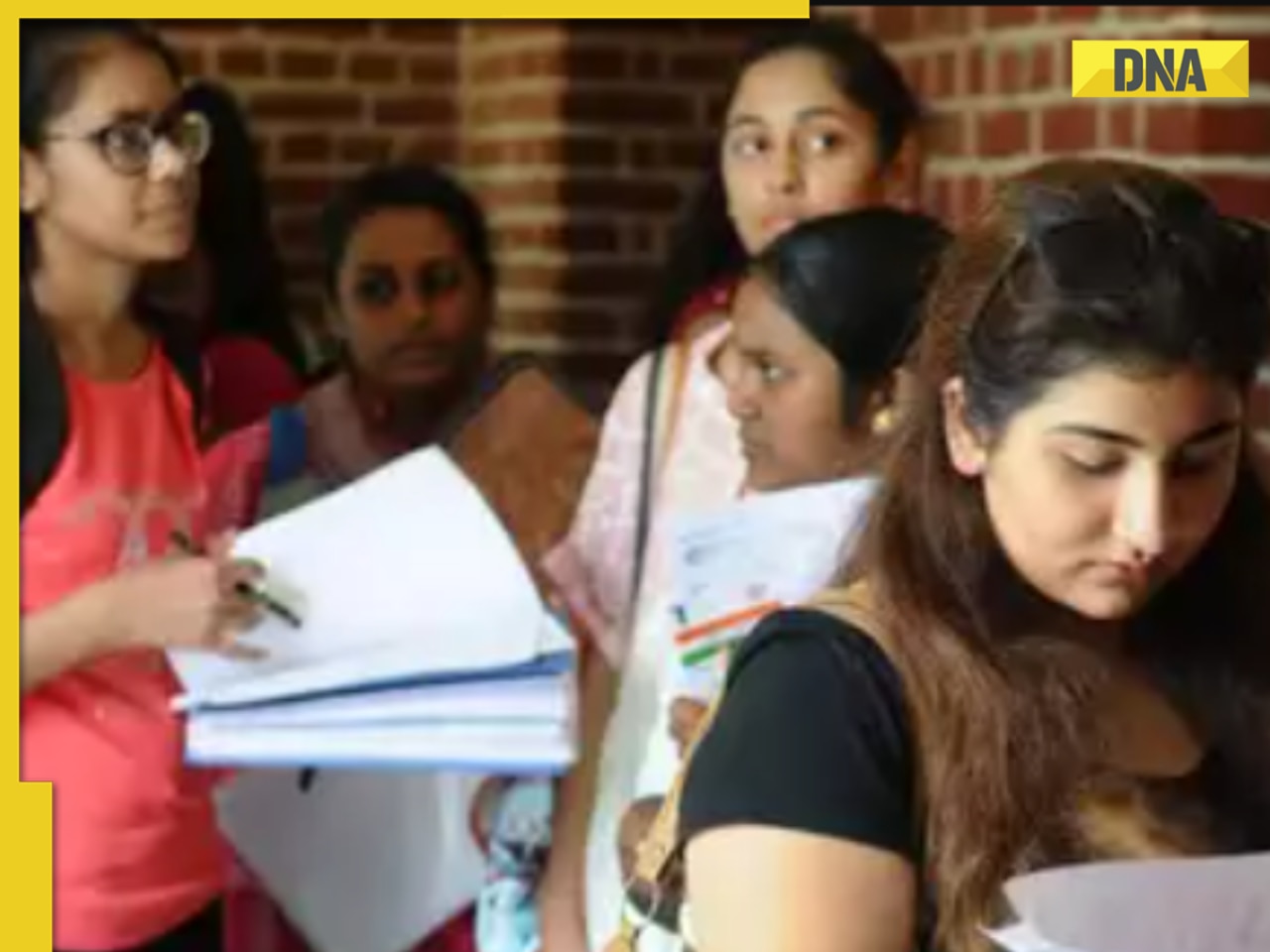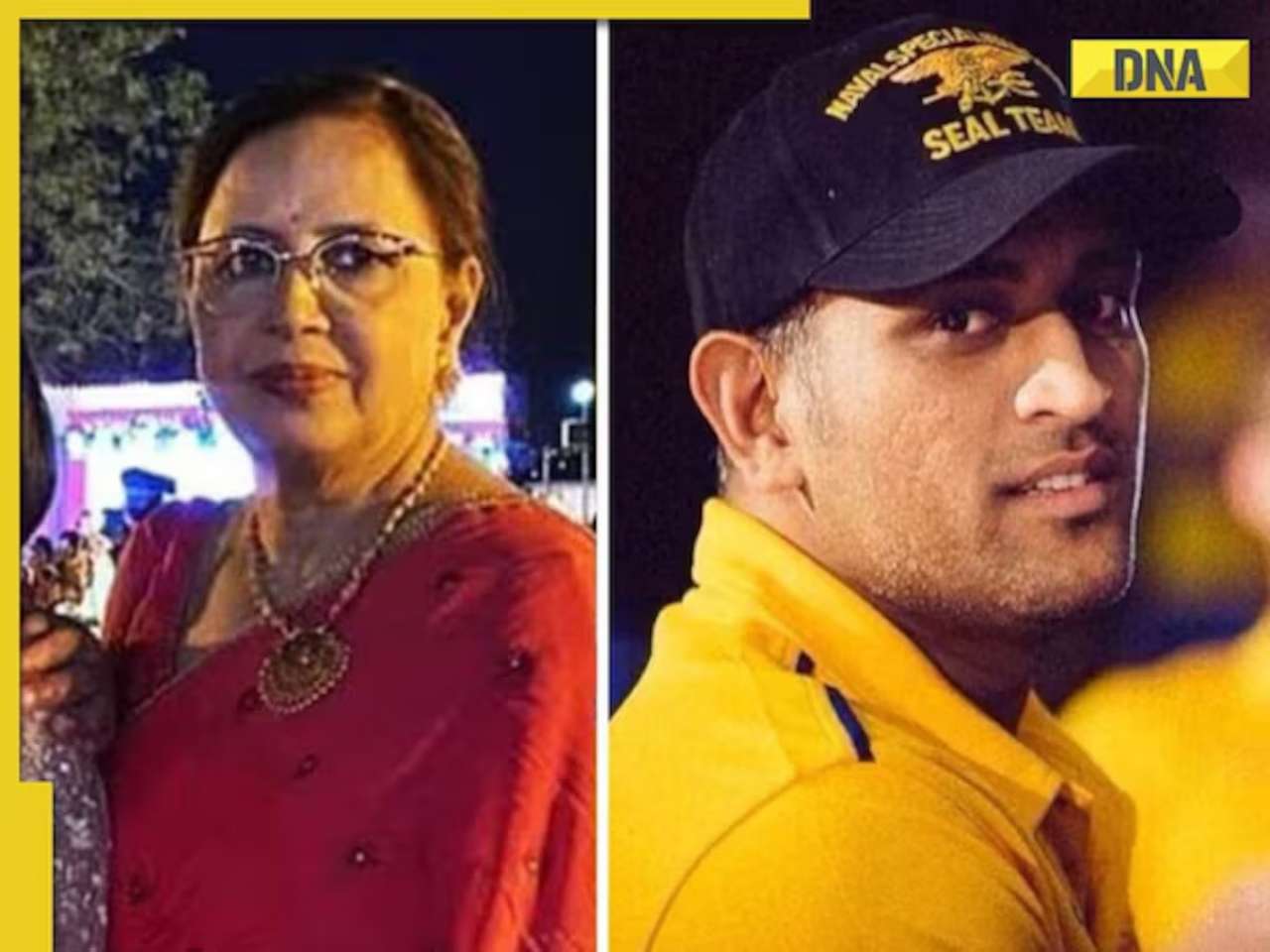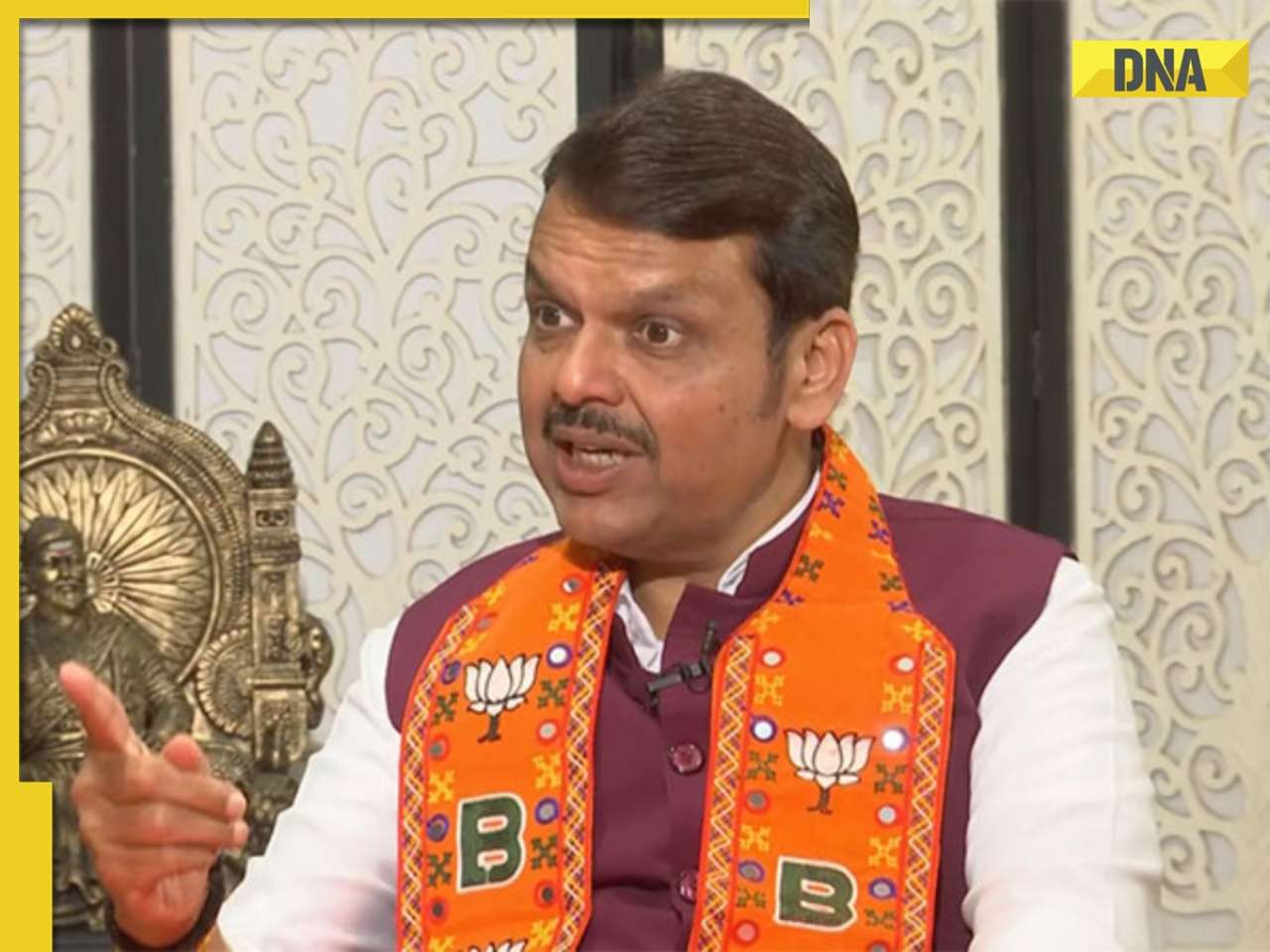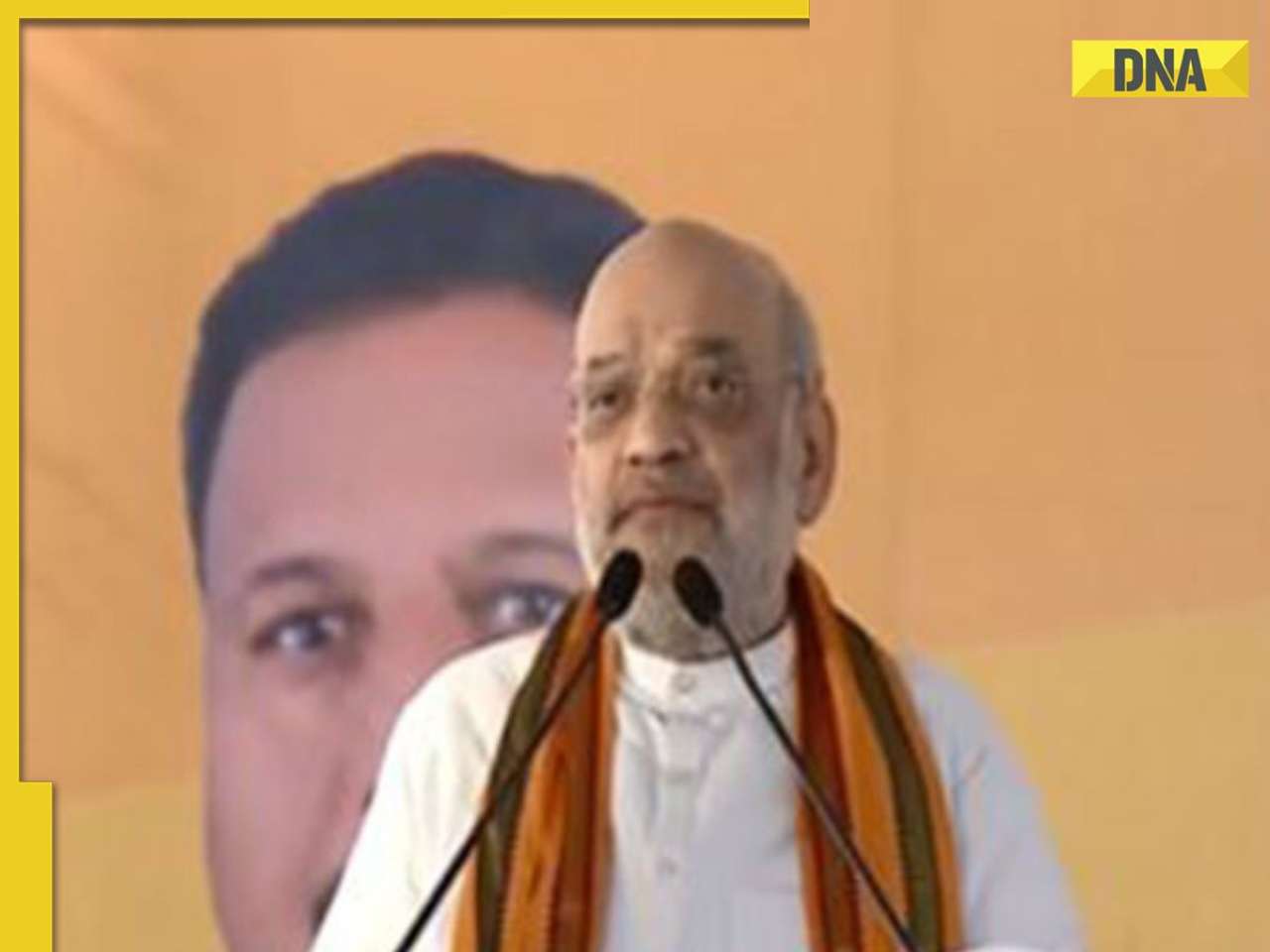- LATEST
- WEBSTORY
- TRENDING
WORLD
The shared glory of the diamond queens
Historian Sarah Gristwood speaks on the remarkable similarities in the lives of the only two monarchs to reign for 60 years.
TRENDING NOW
When Elizabeth II came to the throne in 1952, her contemporaries hailed it as a "New Elizabethan" age. The hope was that Britain might once again enjoy a burst of energy of the kind it had known under the Virgin Queen.
But 60 years on, there is another, better comparison to be made - with Queen Victoria the only other British monarch to celebrate a Diamond Jubilee.
She was another whose long reign saw a dramatic fluctuation in popularity. In the dark days of the early 1990s, with the Royal family in disarray, courtiers began to talk about Queen Victoria Syndrome or "QVS", by which the nation could tire of an ageing monarch and her extensive family. Yet both Queens would rise again, carried towards their Jubilees on a tide of international popularity.
Neither Elizabeth nor Victoria was born the daughter of a king, or even a Prince of Wales. It lent a fairytale quality to their stories.
When Princess Elizabeth was born, it was assumed that her uncle, the future Edward VIII, would marry and have children. Victoria, by contrast, was a child created to occupy the throne, after the sudden death of the Prince Regent's daughter Charlotte had made it sharply apparent that George III's many sons had not one legitimate child between them.
In both cases their gender made the future unclear right up to the day of their accession. (After it, indeed, Victoria was proclaimed queen only with the proviso that her uncle's widow did not suddenly announce a pregnancy.) The young Elizabeth remained the Heir Presumptive, rather than the Heir Apparent, until the day of her accession - which is why she was never given the title Princess of Wales.
Before the coronation of her father, George VI, Princess Elizabeth's governess read her Queen Victoria's account of her own ceremony. She would open her first Parliament wearing Queen Victoria's crown. But whereas Elizabeth's coronation was a best-of-British ceremony, Victoria's, all too symbolically, was something of a shambles - the coronation ring too small for her finger, the young Queen having to whisper for instructions about what she was supposed to do with the orb.
The 18-year-old Victoria's dubious authority was next shaken by her misguided response to the Lady Flora Hastings scandal, in which an unmarried and innocent court lady was falsely suspected of pregnancy.
There was, moreover, the question of her prime ministers. She came to the throne under the benign guidance of Lord Melbourne (as Elizabeth did Churchill), to whom she took so kindly that it was soon said, "Lord Melbourne is our King."
When he was succeeded by Sir Robert Peel, whom she disliked, her refusal to comply with his plans for her household strained the ever-adjusting balancing act that is a constitutional monarchy. Queen Elizabeth, by contrast, set her face early against any such interference.
It hasn't always been plain sailing - when, in 1963, the prime minister, Harold Macmillan, resigned midterm, her acquiescence in his controversial determination to nominate Alec Douglas-Home as his successor led the Conservative Party to abandon the system by which the monarch traditionally took "soundings" before choosing the new leader and, in future, to elect its own.
But the Queen has always seen a policy of wise passivity as part of her duty to her country.
Both Queens, at their accession, were seen as figures of glamour as well as purity. But both would face one particular problem: juggling a traditional marriage with the need to recognise her sovereignty. The choice of consort had always been an issue for a queen regnant, from Tudor days. Victoria's, like Elizabeth's, was a love match in which a personal choice was made from a very limited gene pool.
Prince Albert was (like Prince Philip after him) the candidate of a favourite uncle - in his case, Victoria's uncle Leopold. While Victoria was already a ruling queen when she married, Elizabeth was still only a princess; hence the comparatively private life in Malta that the couple were able to enjoy. But the discontents surrounding Albert and his position would raise their head again more than a century later. There was concern over Albert's Germanic foreignness (as there was over Philip's German relations), and hot Parliamentary debate about their future income.
Though neither Philip nor his wife felt that Albert's title of Prince Consort fitted the 20th century, the Duke of Edinburgh did bitterly resent the fact that he could not give his surname to his children, unlike every other man in the country.
There were early stories of a "rift" between the new Queen and her husband, of Philip's complaints that courtiers were keeping papers from him. Albert famously battled for a role until given his opportunity by Victoria's many pregnancies; but then his insistence that the crown should be above mere party, and that Victoria no longer indulge her personal prejudices and favourites, set the path for the modern monarchy. Prince Philip is known to be the Palace moderniser, but his broader role is still hard to assess.
Prince Albert's death on December 14, 1861 threw Victoria into a despair that made her refuse to meet her ministers alone, or to attend every event of importance from the meetings of the Privy Council and the State Opening of Parliament to her own son's wedding party. It gave - in the words of Lord Halifax - "some evidence of insanity".
As her retreat stretched out into not just years but decades, the public's initial sympathy gave way to hostility. "What do we pay her for if she will not work," people asked quite openly. Her unabashed affection for the ghillie John Brown ("Mama's lover", her daughters joked) did nothing to restore her prestige or authority; nor did her late-flowering infatuation with Abdul Karim, her Indian servant.
It is impossible to imagine Queen Elizabeth indulging in any similar folly - even if, for 60 years, she had not had the support of husband as well as family. Yet she would face a similar period of alienation; as a result, ironically, of the very thing - the marriage of the Prince of Wales and Lady Diana Spencer - that was expected to signal a new era of popularity.
Queen Elizabeth's 40th anniversary year, 1992, was also her annus horribilis. The media was awash with questions about the function, finance and frailties of the Royal family - and that was even before Diana, Princess of Wales died. But from rock bottom, as both Queens found, the only way to go is up.
It was an anniversary that brought Victoria back: the Golden Jubilee of 1887. Fifty kings and princes from around the world attended a banquet at Buckingham Palace. On September 23, 1896 she was able to note in her diary that: "This is the day on which I have reigned longer, by a day, than any English sovereign."
Though celebrations for the Diamond Jubilee in the following June were quieter in view of the Queen's health, it was widely recognised as a significant moment in history.
Today's monarchy, too, after some extraordinary "downs", has bounced back, with a resilience many a younger institution might envy. Much of that is due to Queen Elizabeth herself. Whatever mistakes may have been made in the past, she has emerged as a figure distinct from them. Powerful in her permanence, but prepared to move with the times when necessary.
While Victoria presided over an Empire, Elizabeth plays an integral part in the very different association that links some of the same countries. The title of Head of Commonwealth will not pass automatically to her successor, and there have been questions as to whether - in the same shape at least - the Commonwealth will survive her death. It is surely not a tribute she would welcome, but it is a tribute in a way.
Queen Elizabeth has not fought, as Queen Victoria did, for a position that was essentially her own, rather than that of her country. Nothing shows her in a better light than comparisons with her equally durable predecessor. They faced the same challenges - as woman, wife, mother and monarch - but today's monarch has faced them with far greater constancy.
Victoria lived for another three and a half years after her Diamond Jubilee: if Elizabeth II sees 2016, her reign will have been longer. The prospect is as welcome as it seems likely.
To subscribe to Our Reigning Queens by The History Girls, visit www.unbound.co.uk/books/our-reigning-queens.
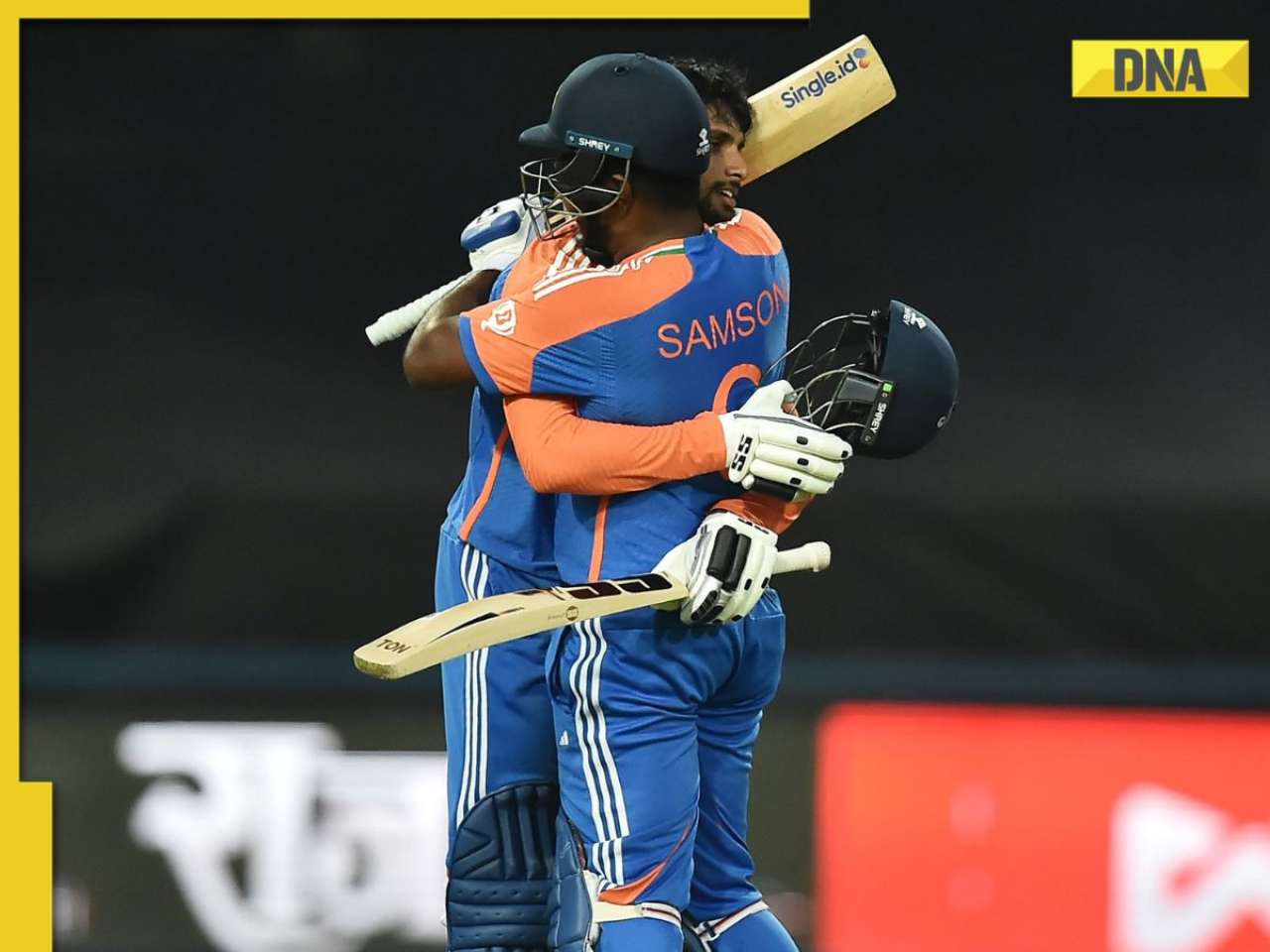
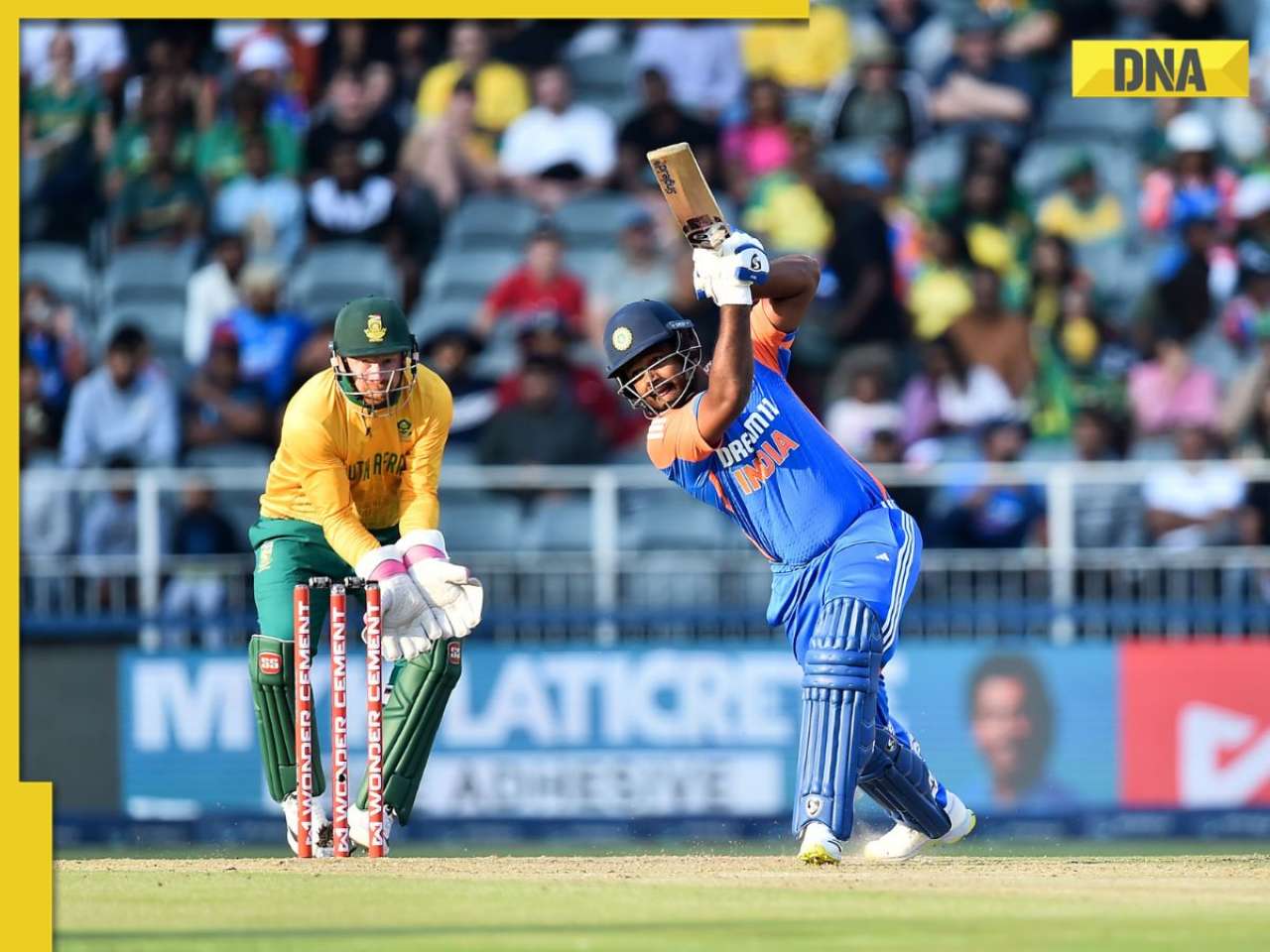






)
)
)
)
)
)
)
)
)
)
)
)
)
)
)





